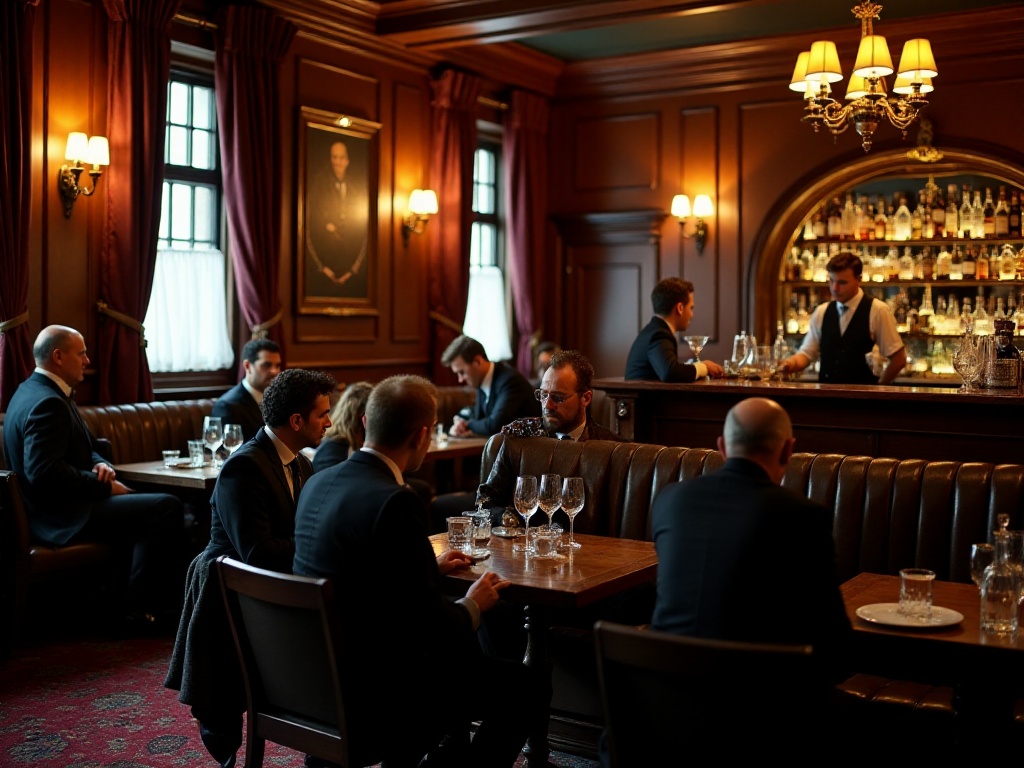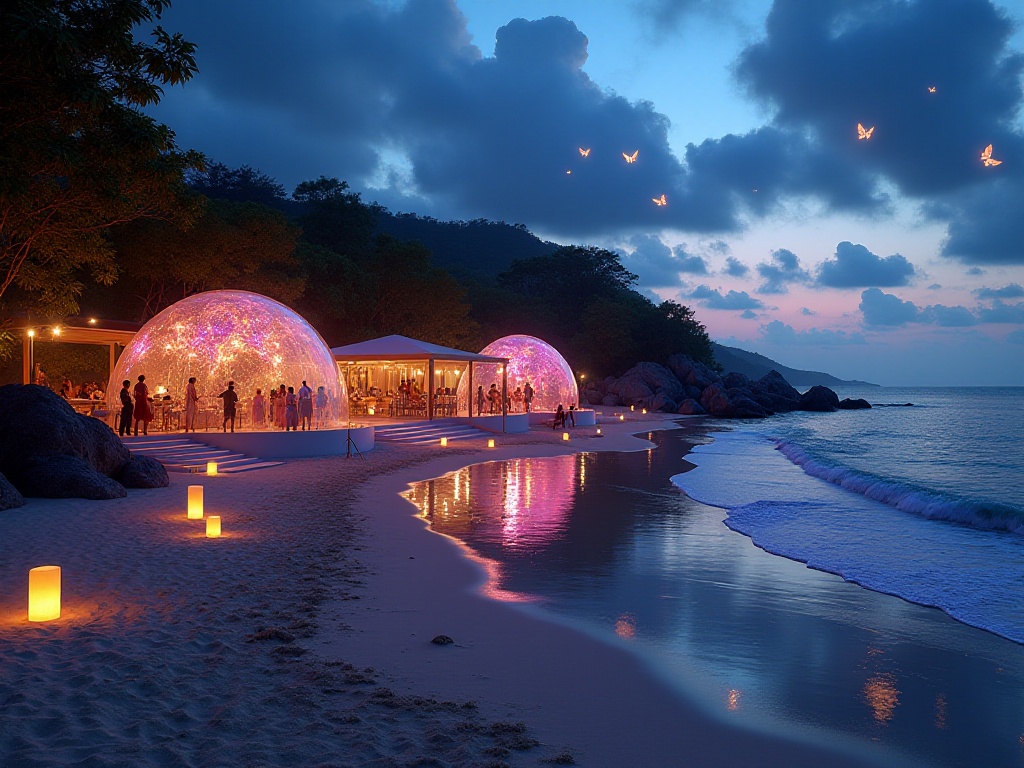During my five years living in Tokyo, I've explored every corner of this city, particularly becoming somewhat of an expert in nightlife. The city's charm is truly irresistible, and whenever friends ask me about Tokyo's nightlife, I can talk for hours. Let me share my years of experience and insights with you, taking you deep into another side of this sleepless city.
When it comes to Tokyo nightlife, several key areas must be mentioned. First is Shinjuku's Kabukicho, which is practically synonymous with Tokyo nightlife. Walking through Kabukicho's streets, neon lights flash and crowds buzz, with entertainment venues of all kinds, from high-end clubs to affordable izakayas. The atmosphere is incredibly lively, with many establishments open until dawn, making it the most authentic place to experience Tokyo nightlife.
Shibuya is a youth paradise, with a more fashionable and avant-garde atmosphere. Shibuya's nightlife is particularly suitable for young people who love trend culture, with many unique bars like music-themed live houses or artistic bars with literary vibes. I especially love a bar in Shibuya called "The Room," where they invite different DJs weekly, playing music styles from Jazz to Electronic, and their bartenders are exceptionally skilled.
Ginza offers a completely different style, with more refined and high-end nightlife. Ginza's bars are mostly very sophisticated, with many staffed by internationally awarded bartenders. Though expensive, they're definitely worth experiencing. I remember having a special cocktail at "Star Bar" in Ginza, where the bartender created a drink based on my preferences - that kind of attention and professionalism was truly impressive.
Roppongi is another area not to be overlooked, with a more international nightlife scene. Many foreigners like to come here, so you can experience a more diverse cultural atmosphere. Roppongi's nightclubs are generally larger, with professional sound systems and lighting effects - if you like dancing, don't miss it.
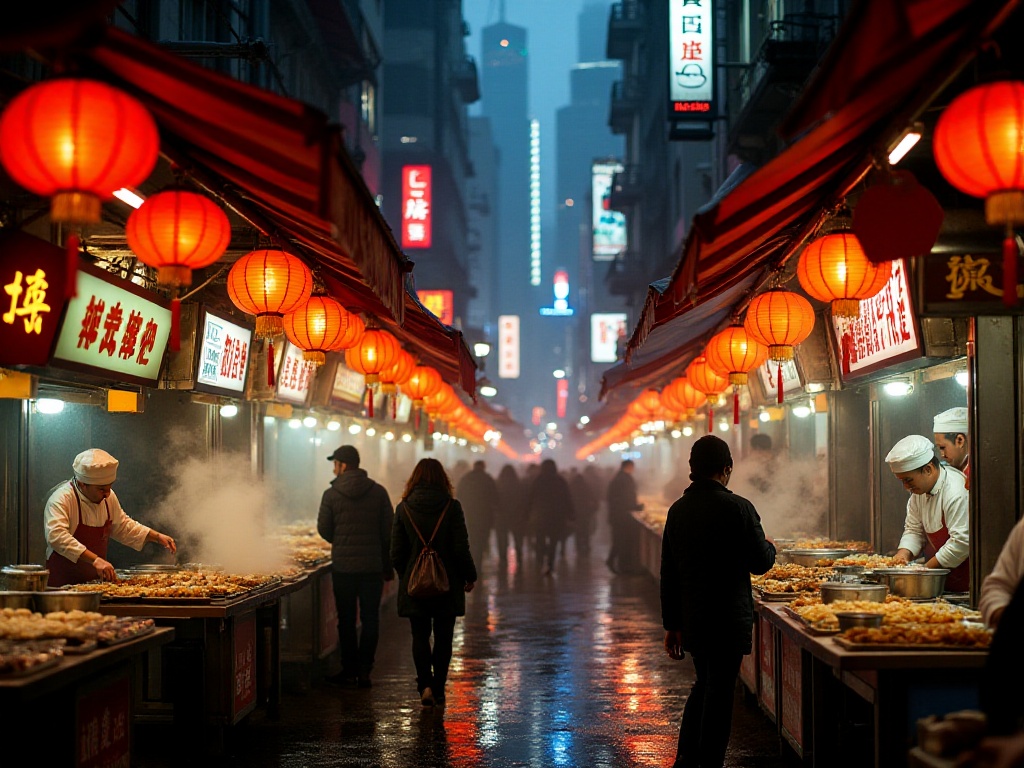
Although Tokyo's transportation is advanced, nightlife transportation needs special attention. The last train time is a major issue, with most subway lines ending around midnight. Different lines may have different last train times, so it's advisable to check the specific times for your routes in advance.
If you miss the last train, taxis are the only option. Tokyo taxis start at around 730 yen, with additional late-night surcharges. To save money, I usually choose to stay in busy areas like Shinjuku or Shibuya, so I can walk back even if I stay out late.
Another tip is to consider staying at capsule hotels. Many capsule hotels are located near entertainment districts, are reasonably priced, and if you stay out too late, staying overnight is a good option. I frequently visit a capsule hotel called "Nine Hours," which is clean and offers 24-hour front desk service.
Honestly, Tokyo nightlife isn't cheap, but there's a wide range of price points to choose from based on your budget. From my experience, preparing around 20,000 yen for a regular night out is appropriate. This budget can cover several drinks, late-night food, and transportation costs.
For more upscale places, like Michelin-starred bars in Ginza, you might need to prepare 40,000 yen or more. These places often charge seating fees (usually 1,000-3,000 yen) in addition to drink costs. However, these high-end venues are worth the price, offering top-tier environments, service, and drink quality.
Comparatively, izakayas are more affordable options. A typical izakaya evening of 2-3 hours costs around 3,000-5,000 yen per person. Many izakayas offer "nomihoudai" (all-you-can-drink) packages, usually for 90 or 120 minutes, priced at 2,000-3,000 yen, which is quite reasonable.
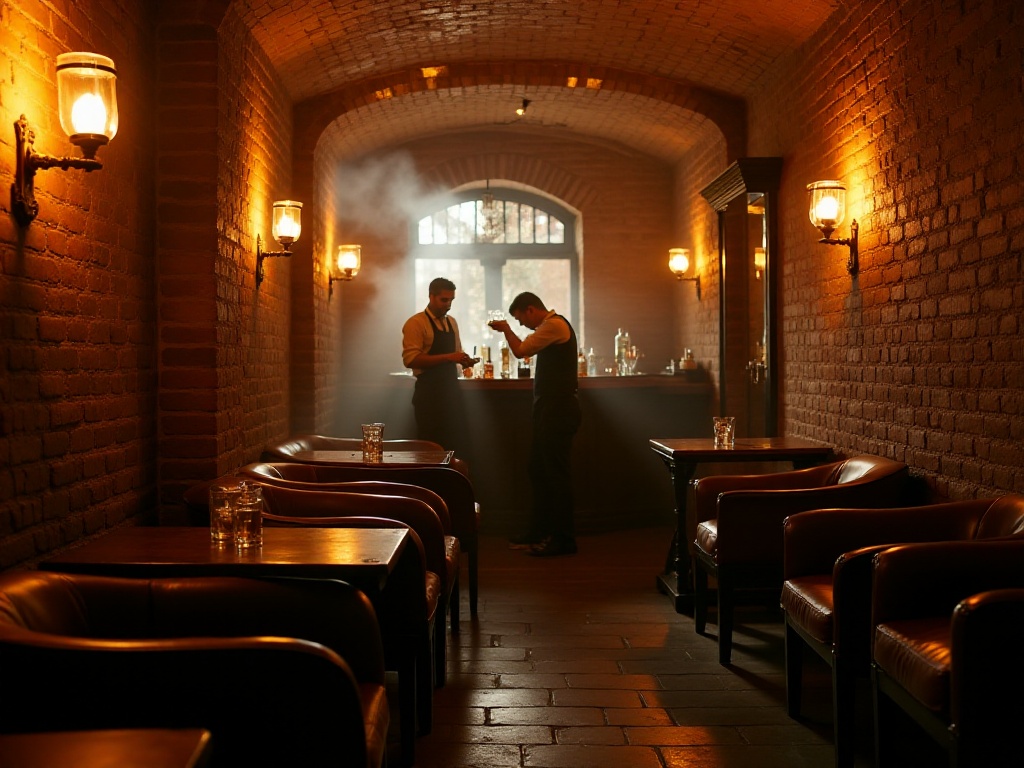
When discussing Tokyo nightlife, we must mention the late-night dining culture. This isn't as dramatic as shown in TV dramas - it's very real. My favorite is a place in Shinjuku called "Taishuu Izakaya," which serves the best oden I've ever had.
The owner is a Japanese man in his 60s who personally selects ingredients daily and has been using the same pot for over a decade. His radish is particularly flavorful, with rich but not greasy broth. Best of all, they're open from 8 PM until 5 AM the next morning, and prices are reasonable - a bowl of oden with two rice balls costs only around 1,000 yen.
Besides oden, ramen is also an important part of late-night dining. There's a ramen shop in Shibuya called "Fuji-ichi" that's open until 3 AM, serving delicious tonkotsu ramen with perfectly cooked soft-boiled eggs. Though small, the seating arrangement is comfortable and not cramped.
What's particularly interesting is that you can meet all kinds of people at these late-night eateries. From office workers just getting off work to young people tired from partying, and even local artists. Though strangers to each other, there's a special warmth and friendliness in these late-night hours.
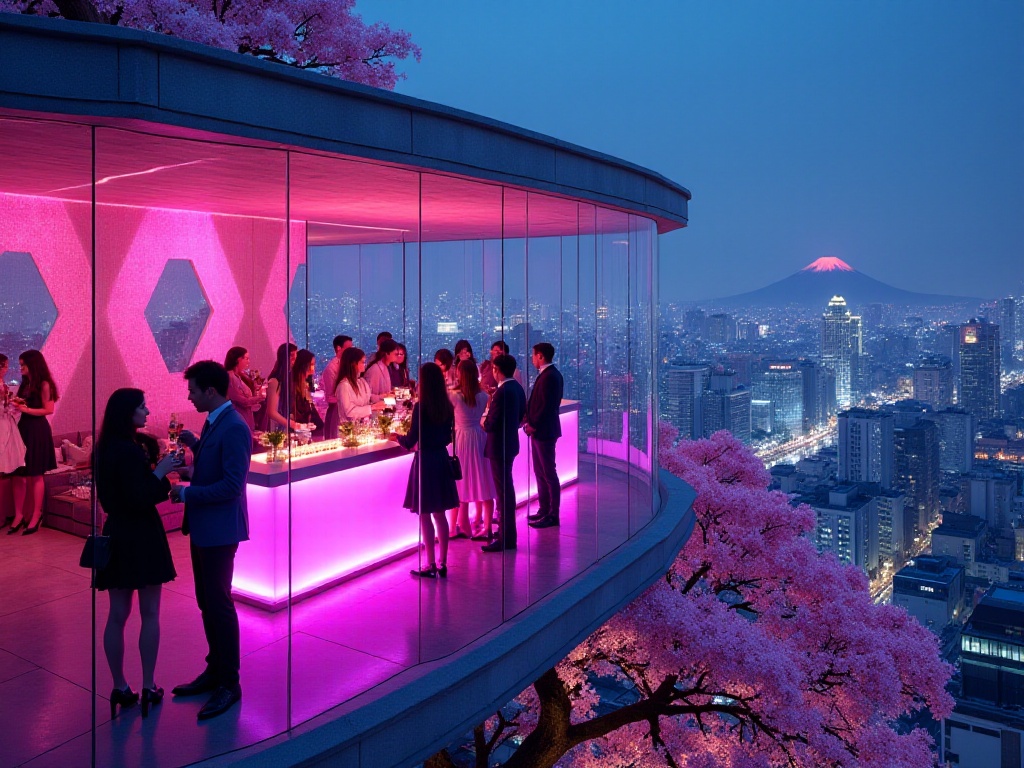
Tokyo's secret bars are truly special, usually hidden in seemingly ordinary office buildings and hard to find without a regular's guidance. My favorite is "Bar High Five" in Ginza, internationally renowned but very low-key.
The owner is a legendary figure in the bartending world who doesn't use menus but rather chats with each customer and creates cocktails based on their preferences. Once when I told him I liked whiskey but wanted to try something new, he created an amazing cocktail using Japanese whiskey as a base, adding seasonal fruits and special ingredients.
Besides "Bar High Five," there's also a molecular cocktail bar called "Codename Mixology" that's quite unique. They use special effects like liquid nitrogen and smoke to create cocktails that are not only delicious but also visually impressive. I remember ordering a cocktail called "Forest Dream" that came with a light mist and distinctive aroma and taste.
How can we talk about Japanese nightlife without mentioning karaoke? Compared to karaoke in other countries, Japanese karaoke has many unique features. First, the equipment is excellent, with professional-quality sound systems and microphones. Their song selection system is also advanced, frequently updated with both latest hits and classics.
"Big Echo," which I frequently visit, is excellent with great soundproofing and many Chinese songs. Prices are reasonable, especially during afternoon hours at around 1,000 yen per hour. Evening prices are higher, but there are usually package deals like three hours with drinks for 3,000-4,000 yen per person.
Another thoughtful aspect is that many karaoke places offer simple food and drinks. While not particularly gourmet, it's convenient for snacking between songs. They also prioritize hygiene, thoroughly cleaning rooms and microphones after each use.
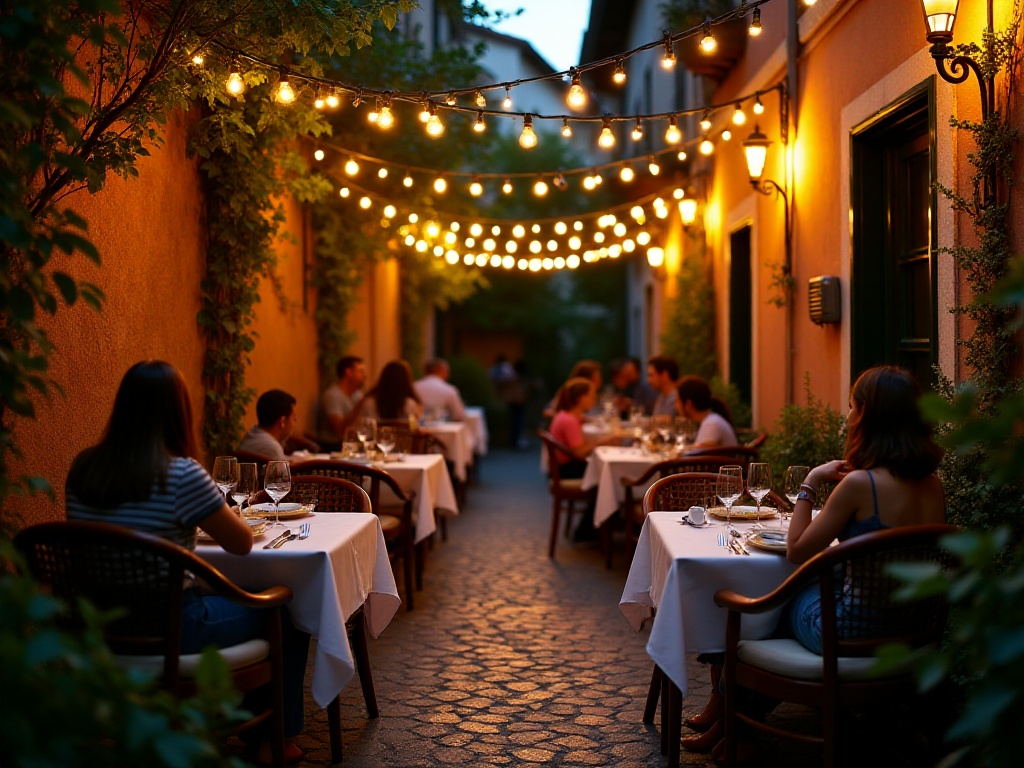
Although Tokyo is one of the world's safest cities, there are still some things to watch out for in nightlife. First, in places like Kabukicho, be wary of irregular establishments. Some places charge unreasonable fees, suddenly adding "companion fees" or "seating fees." Always ask about prices in advance and try to see a clear price list.
Secondly, don't follow touts. You'll often encounter people in busy areas trying to lead you to supposedly great places, but following them can lead to various problems. I recommend choosing venues through legitimate channels like online reviews or friend recommendations.
Also, drink in moderation. Japanese alcohol content is clearly labeled, but some cocktails can be deceptively strong. If you feel you've had too much, don't hesitate to ask staff to call a taxi. In Tokyo, taxi drivers are reliable even in the early hours, so safety isn't a concern.
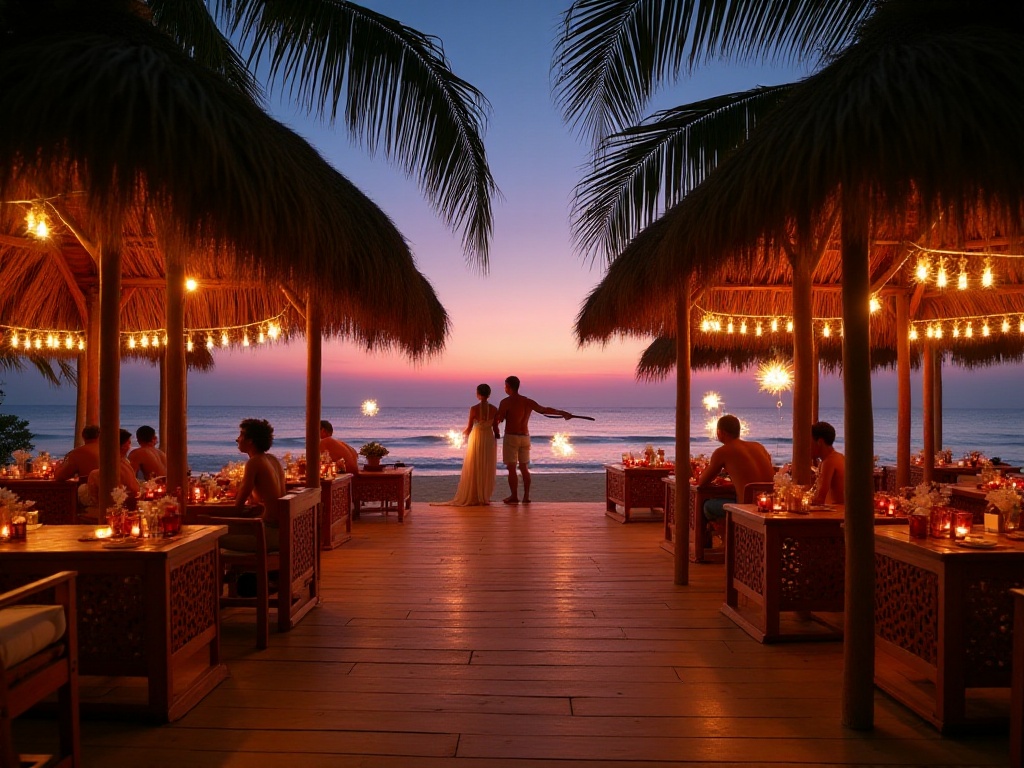
As someone who's been around Tokyo's nightlife scene for years, I recommend first-time visitors start with Shibuya. The atmosphere is more international, many staff speak basic English, making communication easier. Plus, the venues are more youth-oriented with reasonable prices.
I usually suggest friends visit "Shibuya Yokocho" first, which has many small izakayas with good atmosphere and affordable prices. You can start by having some food and drinks there before moving on to nearby bars or clubs.
For a more authentic Japanese nightlife experience, try small sake bars. These places are usually small, but the owners are professional and will explain different types of sake in detail and recommend appropriate snacks. Even with language barriers, communication through gestures and basic English is possible, making for an interesting experience.
Tokyo's nightlife has different characteristics in each season. Spring is my most recommended season, with moderate temperatures and many bars opening their terraces. Drinking cocktails while watching cherry blossoms fall is truly magical, especially from high-rise bars in Roppongi overlooking Tokyo's night view.
Autumn is also nice, with cool weather perfect for outdoor beer gardens. Tokyo often holds various beer festivals in autumn, creating a lively atmosphere. The nights are particularly refreshing, making it pleasant to walk around.
Tokyo summers can be humid, but they have their own charm. Many izakayas offer summer-limited refreshing drinks like fruit beers or special cocktails. Summer fireworks festivals are also a highlight, viewable from outdoor bars while enjoying drinks.
Winter may be cold, but many establishments provide heaters, and sitting by one while drinking hot sake and eating oden is a wonderful experience. Winter in Tokyo is also decorated with colorful lights, making the night streets particularly dreamy.
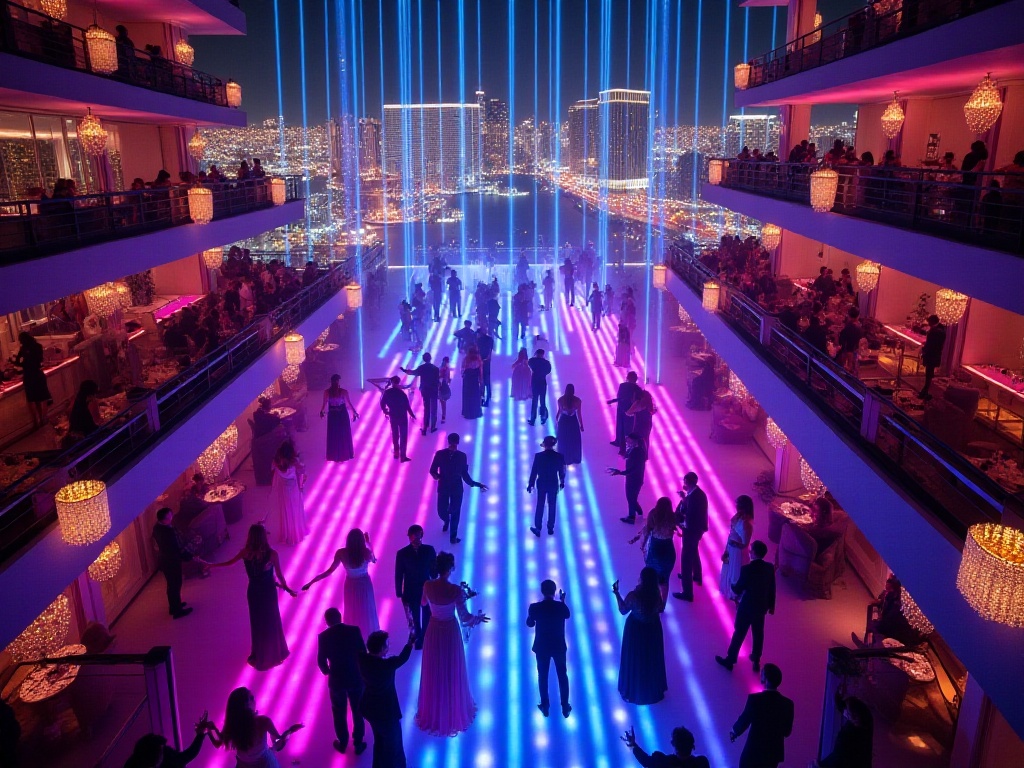
During these years in Tokyo, I've deeply experienced the unique charm of this city's nightlife. It's not just about surface glamour and bustle, but more about a unique cultural experience. From high-end Michelin bars to humble late-night eateries, from lively karaoke to quiet sake bars, everyone can find their own joy here.
Tokyo's nightlife is like an endless book, with new excitement to discover each time. It has taught me not just how to enjoy life, but how to understand and respect different cultures. The city's inclusivity and diversity allow everyone who comes here to find their own happiness.
Which aspect of Tokyo nightlife would you most like to experience? Do you want to taste exquisite cocktails at high-end bars, or experience local life at izakayas? Do you want to experience the exciting nightclub atmosphere, or feel the warmth of humanity at late-night eateries? If you've been to Tokyo, please share your experiences to help more people understand the charm of this sleepless city.
 Previous
Previous


